Grilling season is here! Struggling with food sticking to grates? Can you spray Pam on a grill?
This post will explore whether cooking spray on a grill is safe, effective, and beneficial for delicious, sticky-free meals. Fire up your burners, and let’s get cooking!
- What Is Pam Cooking Spray?
- Can You Spray Pam On A Grill?
- Can Pam Cause Flare-Ups?
- Does Pam Affect The Flavor Of Grilled Foods?
- Does Pam Leave A Residue On The Grill Grates?
- Best Practices For Using Cooking Spray On A Grill
- Alternatives To Pam For Safe Grilling
- Conclusion: Final Thoughts On Using Cooking Spray For Grilling
What Is Pam Cooking Spray?
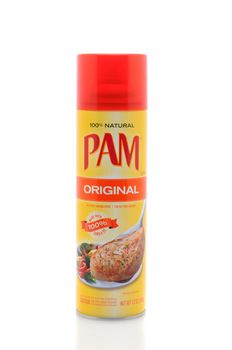
Pam cooking spray is a well-known non-stick cooking spray that prevents food from sticking to cookware surfaces. It typically comprises an aerosol can or a pump-spray bottle, mainly containing cooking oil and other ingredients such as lecithin.
Pam’s specially crafted formula ensures better performance when grilling or searing delicate foods at higher temperatures.
This makes it easier for amateur cooks to experiment with complex culinary dishes like BBQ delights or fish fillets without worrying about food sticking to the cookware. The spray also allows people to cook low-fat meals without sacrificing flavor.
Can You Spray Pam On A Grill?
Yes, you can spray Pam grilling spray on the grill. It is a great way to keep food from sticking and prevent flare-ups while cooking.
Using Pam on the grill helps create a nonstick surface, making it easier to clean up after cooking. It also keeps food from charring or burning, resulting in better-tasting meals.
To use Pam on the grill, first, ensure your grill is completely clean before using any nonstick coating. Spray Pam directly onto the preheated surface of the grill before adding your food.
Pam doesn’t have any effect if it is not heated before application, so be sure to heat the grates first. Bake or broil foods at low temperatures when using Pam on the grill, as it may burn easily due to its high oil content.
Finally, ensure you don’t use too much of it; for safety reasons, let your grilling time take care of seasoning instead of over-spraying with Pam.
Can Pam Cause Flare-Ups?
Yes, Pam grilling spray may cause flare-ups on the grill. Flare-ups are caused when dripping fat or oil from food ignites on the hot surface of the grill.
To reduce the chances of a flare-up, make sure that you clean your grill before using any nonstick coating and heat the grates on the grill before applying Pam.
Be sure not to use too much Pam when coating your food, as it can be flammable at high temperatures. Also, avoid grilling high-fat foods as they may cause flare-ups.
Lastly, be sure to monitor your food while cooking and move it away from direct flame or hot spots if needed.
Does Pam Affect The Flavor Of Grilled Foods?
Many grilling enthusiasts often wonder if using Pam spray affects the flavor of grilled foods. Reviews and information from Pam’s website suggest that it does not alter the taste of the grilled food.
In fact, Pam has a specially formulated version of cooking spray for grilling that has a higher burn point to ensure it doesn’t break down on hot grill grates.
Using Pam grill spray can also make cleanup easier and help grilled foods turn out better. However, following best practices when using any cooking spray on a grill is important.
Overall, using cooking spray like Pam on a grill should not affect the flavor of your grilled foods, but be sure to use it safely and correctly, following all necessary precautions outlined in this blog post.
Does Pam Leave A Residue On The Grill Grates?
Cooking sprays like Pam may leave residue on grill grates, but there are precautions one can take to prevent this. Always lightly and evenly spray the grill before each use, and avoid over-spraying.
Once finished grilling, scrape off food particles or grease build-up from the grates and wipe them down with a damp cloth.
Additionally, regularly seasoning your grates with oil-soaked paper towels or high-temperature cooking oil can help prevent sticking and add flavor.
Grilling safely and responsibly is important for delicious outdoor meals.
Best Practices For Using Cooking Spray On A Grill
Spray cooking oil lightly and evenly, maintain proper ventilation, avoid spraying on a hot grill, and preheat and clean the grill regularly to ensure safe and delicious grilling. Keep reading to learn more about using non-stick spray on your grill!
Spray Lightly And Evenly
When it comes to using cooking spray on a grill, spraying lightly and evenly is crucial. This ensures that all surfaces are coated with a thin layer of the spray, creating a non-stick barrier without overloading the grill with excess oil.
Maintaining proper ventilation while doing this is important to avoid flare-ups caused by excess oil accumulating in one area.
Maintain Proper Ventilation
When using cooking spray on a grill, it is crucial to maintain proper ventilation to prevent any potential fire hazards. This means keeping the grill in an open space, away from walls, roofs, or anything that could easily catch fire.
Additionally, ensure your grilling area has enough airflow to allow smoke and fumes to dissipate properly.
Avoid Spraying On A Hot Grill
One important factor to consider when using cooking spray on a grill is to avoid spraying it on a hot surface. This can cause the spray to ignite and result in dangerous flare-ups. Always ensure your grill is cool before applying any non-stick spray or oil to prevent this.
While spraying Pam or other cooking sprays on a grill is generally safe if you follow recommended precautions, it’s always important to prioritize safety first and take extra care when handling heat sources like your outdoor grill.
Alternatives To Pam For Safe Grilling
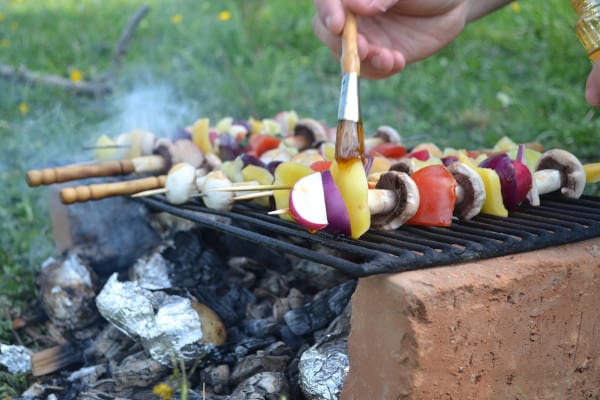
Grilling is one of the most popular forms of outdoor cooking, but it’s important to ensure that you’re using safe and effective methods. Fortunately, there are plenty of alternatives to Pam for safe grilling.
Brushing The Grill Grates With Oil
One option is to liberally brush high-temperature cooking oil onto your grill grates before preheating them. This helps prevent sticking and also adds flavor to your meals.
Ensure you use a proper brush designed specifically for grilling so that bristles do not come off accidentally into food. However, note that this method may require additional cleaning once finished avoid leaving any buildup on the grates.
Using Oil-Soaked Paper Towels
Another great alternative to Pam is soaking paper towels in oil and laying them over the grill grates just before adding ingredients. This helps keep food from sticking and adds flavor, plus it’s super easy to clean up after you’re done!
To make cleanup even simpler, try putting the soaked paper towels directly onto aluminum foil and then placing them on the grill – when you’re finished cooking, discard it along with the used foil for a quick cleanup job.
Using Cooking Spray With High Smoke Points
Using cooking spray with a high smoke point is essential to safe and successful grilling. Popular options include pure olive oil, canola oil, and coconut oil, each having its unique flavor profiles and smoke points ranging from 350-410 degrees Fahrenheit.
To ensure the best results, use these vegetable oils sparingly and lightly coat the grill grates before adding food to prevent sticking and potential flare-ups. Food safety should always be kept in mind for enjoyable outdoor meals!
Conclusion: Final Thoughts On Using Cooking Spray For Grilling
To ensure safe and successful grilling with cooking sprays, it’s important to take certain precautions. Avoid spraying on a hot surface that can cause flare-ups, use light and even spray coatings before preheating the grill, and maintain proper ventilation throughout the process.
Alternatives like using oil-soaked paper towels or brushing with oil are also beneficial in preventing sticking, adding flavor, and avoiding potential hazards.
Last but not least, always prioritize grilling and food safety when barbecuing for enjoyable and mouthwatering outdoor meals.
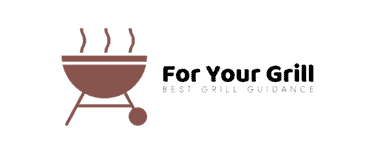
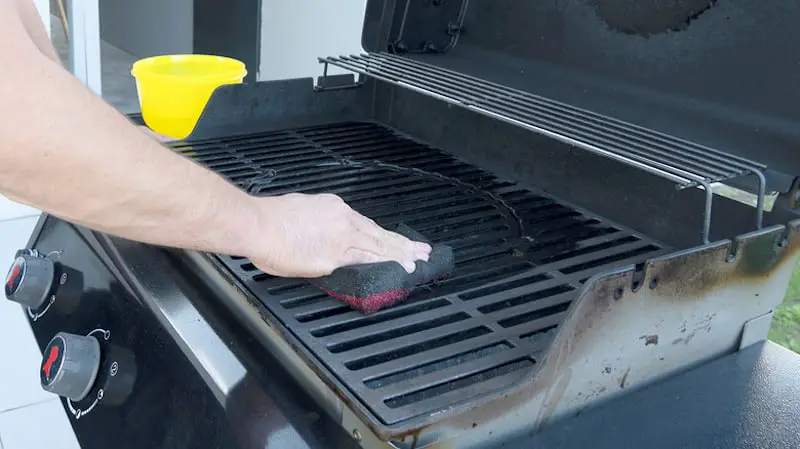
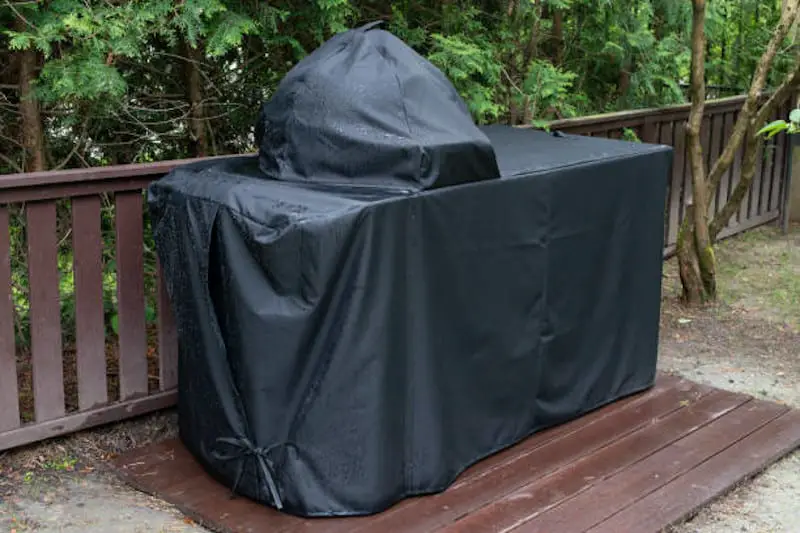
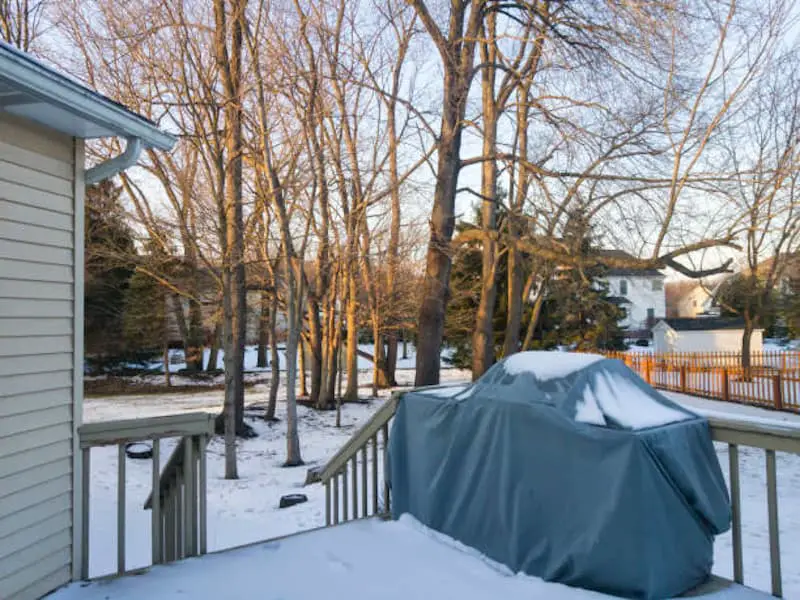

Leave a Reply